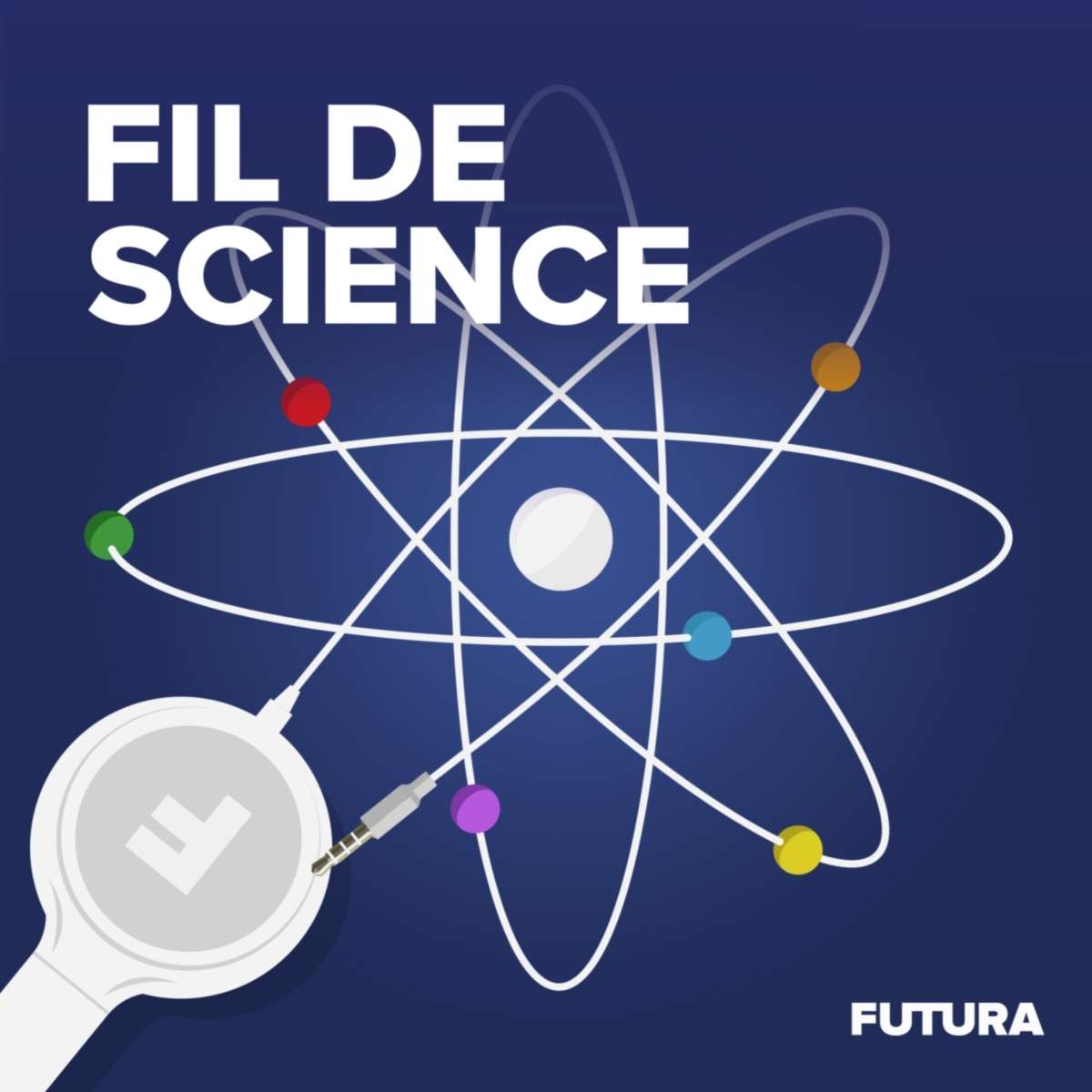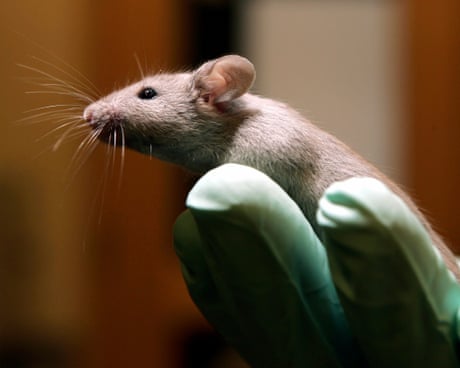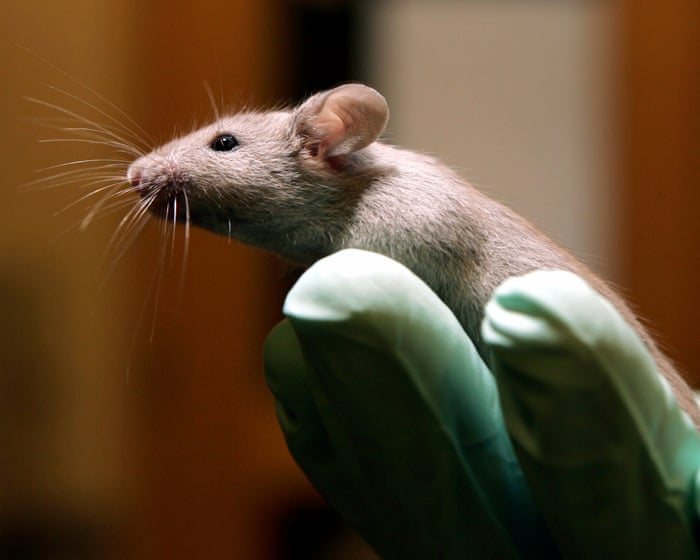Tempête de glace : le froid qui paralyse tout




© PA Archive

Artemis nous voilà ! Blue Origin vient de dévoiler sa dernière prouesse technologique, le Blue Moon Mark 1, un atterrisseur cargo de 8 mètres de haut qui devrait être prêt à se poser sur la Lune dès le premier trimestre 2026. Jeff Bezos – ex-CEO d’amazon et fondateur …
Aimez KultureGeek sur Facebook, et suivez-nous sur Twitter
N'oubliez pas de télécharger notre Application gratuite iAddict pour iPhone et iPad (lien App Store)
L’article Blue Origin présente l’atterrisseur Blue Moon MK1 : un grand pas vers la Lune est apparu en premier sur KultureGeek.

Artemis nous voilà ! Blue Origin vient de dévoiler sa dernière prouesse technologique, le Blue Moon Mark 1, un atterrisseur cargo de 8 mètres de haut qui devrait être prêt à se poser sur la Lune dès le premier trimestre 2026. Jeff Bezos – ex-CEO d’amazon et fondateur …
Aimez KultureGeek sur Facebook, et suivez-nous sur Twitter
N'oubliez pas de télécharger notre Application gratuite iAddict pour iPhone et iPad (lien App Store)
L’article Blue Origin présente l’atterrisseur Blue Moon MK1 : un grand pas vers la Lune est apparu en premier sur KultureGeek.








After bitter arguments, threatened walkouts and heated all-night negotiations, delegates eventually reached a deal this weekend at the Cop30 climate summit in Brazil. To unpick what was achieved and what was left out, Madeleine Finlay hears from the Guardian’s environment editor, Fiona Harvey, who has been following every twist and turn
End of fossil fuel era inches closer as Cop30 deal agreed after bitter standoff
Support the Guardian: theguardian.com/sciencepod
Continue reading...
© Photograph: André Borges/EPA

© Photograph: André Borges/EPA

© Photograph: André Borges/EPA
The “solution” to today’s puzzle
Earlier today I set a puzzle which is extremely hard to answer if you are not a soap bubble.
The four towns
Continue reading...
© Photograph: artpartner-images/Getty Images

© Photograph: artpartner-images/Getty Images

© Photograph: artpartner-images/Getty Images


Ceasing use of jabs brings regained weight plus loss of benefits regarding ‘bad’ cholesterol and blood pressure
People who stop using the weight-loss jab Mounjaro not only tend to regain weight, but experience a reversal in other health improvements too, research suggests.
Mounjaro, which contains the active ingredient tirzepatide, has become a popular medication for weight loss, with studies suggesting that it can help people lose an average of 20% of their body weight after 72 weeks of treatment.
Continue reading...
© Photograph: Niall Carson/PA

© Photograph: Niall Carson/PA

© Photograph: Niall Carson/PA
Oliver Chu from California first person to have the one-off treatment for Hunter syndrome
Doctors are cautiously optimistic about a groundbreaking gene therapy for children affected by a devastating inherited disorder after seeing positive results in the first boy to receive the treatment.
Three-year-old Oliver Chu from California became the first patient to have the therapy nine months ago as part of a clinical trial run by researchers in Manchester. It is too early to call the therapy a success, but doctors are encouraged by his progress so far.
Continue reading...
© Photograph: Manchester University NHS Foundation Trust/Cover Images

© Photograph: Manchester University NHS Foundation Trust/Cover Images

© Photograph: Manchester University NHS Foundation Trust/Cover Images







Conchologists, and citizen scientists team up to seek out endangered mollusc species along River Thames
It is tiny, hairy and “German” – and it could be hiding underneath a piece of driftwood near you. Citizen scientists and expert conchologists are teaming up to conduct the first London-wide search for one of Britain’s most endangered molluscs.
The fingernail-sized German hairy snail (Pseudotrichia rubiginosa) is found in fragmented patches of habitat mostly along the tidal Thames.
Continue reading...
© Photograph: Gino Brignoli/Citizen Zoo

© Photograph: Gino Brignoli/Citizen Zoo

© Photograph: Gino Brignoli/Citizen Zoo
However, its unpleasant taste maybe an issue

© Getty Images


During the Roman period, much of what is now Hungary formed the province of Pannonia

New technologies can reduce our reliance on animal experiments. This isn’t just morally right, it could have scientific and economic benefits too
Science is a slaughterhouse. We rarely acknowledge the degree to which animal life underwrites the research that provides us with medicines, or the regulation that keeps us safe. Live animals were used in 2.64m officially sanctioned scientific procedures in the UK in 2024, many of them distressing or painful and many of them fatal. But the government’s new strategy to phase out animal testing – published earlier this month – suggests that in the near future emerging technologies can largely replace the use of animals in our scientific endeavours.
The UK previously banned cosmetics testing on animals, and has already taken steps to regulate and reduce their use in research. But some needlessly cruel experiments still take place: the forced swim test (FST) for example, in which a rodent is placed in a body of water it cannot escape and researchers measure whether antidepressants extend the time it struggles for life. The government says no new FST licences will be granted, in effect banning it. Similar targets are set over the next few years to end the testing of caustic chemicals on eyes and skin.
Continue reading...
© Photograph: Robert F Bukaty/AP

© Photograph: Robert F Bukaty/AP

© Photograph: Robert F Bukaty/AP